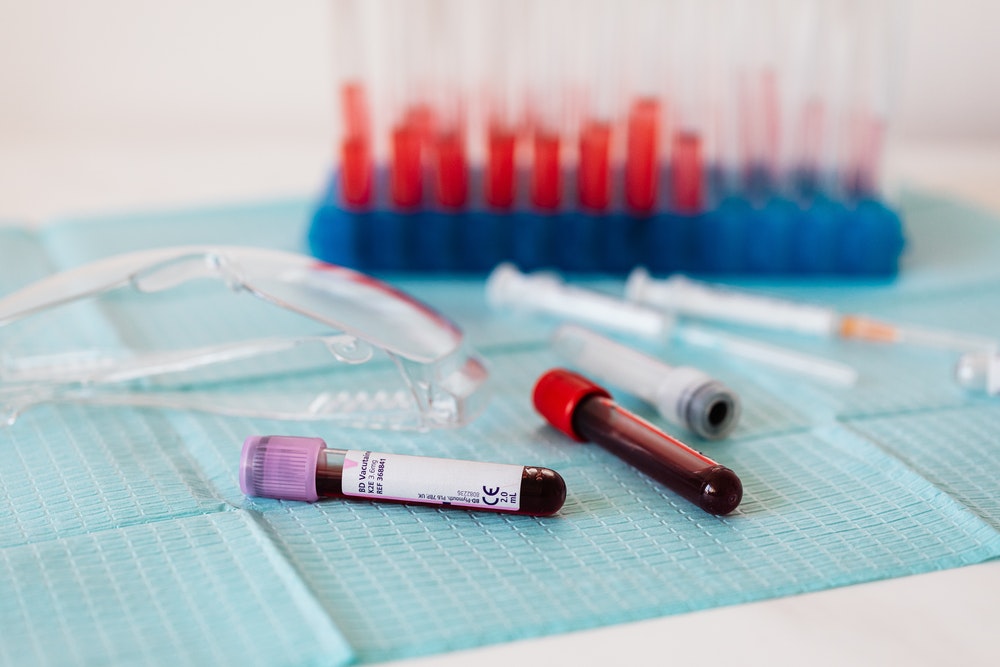Since its inception, one of the goals of COVID-19 research is to identify certain factors that make some people more vulnerable than others of getting infected by the disease. A case of COVID-19 can take mild to severe courses- some don’t show any symptoms, while others need to be hospitalized and given medical treatment.
Similarly, those people with chronic health problems like Type 2 diabetes, obesity and serious heart conditions are more at risk of catching the virus. Now, a recent study by the New England Journal of Medicine has emerged to suggest that your blood type could be one more potential factor that may affect your COVID-19 risk. Research has suggested that people with some blood types are more likely to be hospitalized with COVID-19, while those with other blood types are less likely to require that level of care.
Speculating the role that blood type might play in patients with particularly severe forms of the disease, the researchers examined genetic data from more than 1,600 hospitalized COVID-19 patients in Italy and Spain, comparing their genes with those of 2,200 uninfected individuals. Their analysis identified striking differences in blood types of the sick patients compared with the controls. Overall, patients with type A blood had a 45% higher risk of experiencing respiratory failure after contracting COVID-19. On the other hand, those with type O showed a 35% reduction in risk.
However, despite the findings researchers were still unsure exactly how a person’s blood type plays a part in how Covid-19 affects them. The study did not allow to make any determination about whether blood type was associated with the risk of coronavirus infection, or, if infected, the risk of becoming severely ill. Furthermore, other experts have suggested a person’s blood type might not be significant enough to actually alter a person’s risk.
These are preliminary results and more research needs to be done to understand the biology of COVID-19.
Connection between blood type and infection risk
In the world of diseases, many diseases have been linked to blood types. For instance, type AB is related to stroke risk and in general, to cognitive impairment risk, and Type O, compared to other types, protects against heart attacks and blood clots in the veins, known as venous thrombosis (although the exact reasons are unknown).
Because different blood types make different antibodies, meaning a person’s blood type could determine how a patient’s immune system battles infections, it’s conceivable that these molecular differences in the immune system explain the suggested link between blood type and coronavirus infections.
The authors of the NEJM study hypothesize that the proteins that define type A and B blood might affect the immune system’s production of antibodies, and perhaps these blood types have a slower immune response as a result. The genes that determine blood type might also have something to do with the ACE2 receptor that the coronavirus uses to infect human cells.
Even so, connections between individuals’ blood type and their Covid-19 risk are not strong enough to consider blood type as a risk factor for contracting the disease or developing a severe case of CoOVID-19. They can, however, contribute to help scientists understand how the virus and Covid-19 work.
Should you be worried?
Everyone should rather be careful against coronavirus transmission and follow precautionary measures, regardless of their blood type. Your blood type doesn’t seem to be among any of the more significant risk factors that distinguish mild cases from severe ones as of yet.
There is still a lot left to elucidate about the way coronavirus operates, and how genetic variants may affect people differently. If we can find genes that may explain some of the risk or protection from this infection, it might eventually help lead to treatments.




